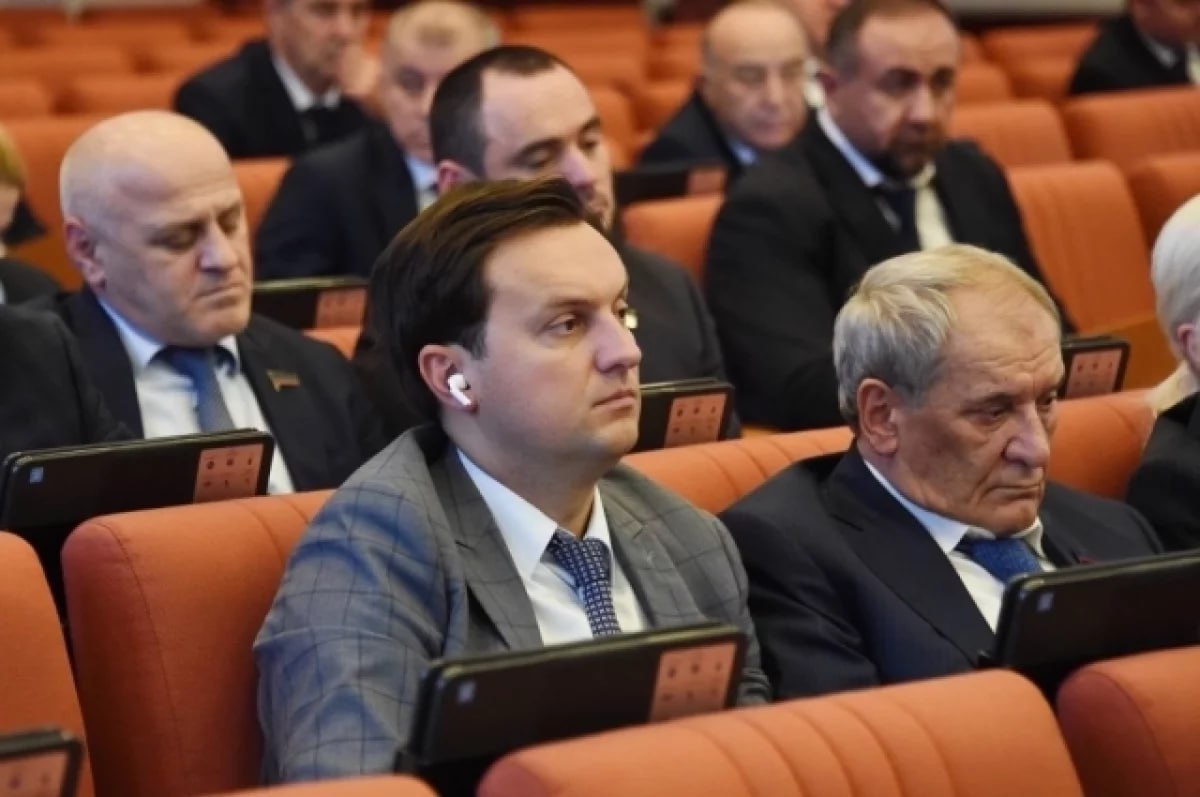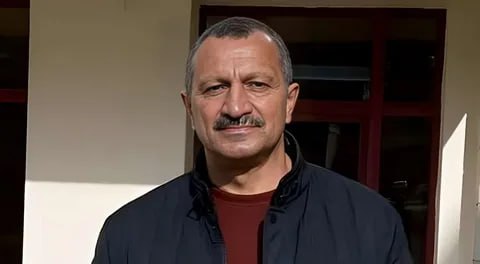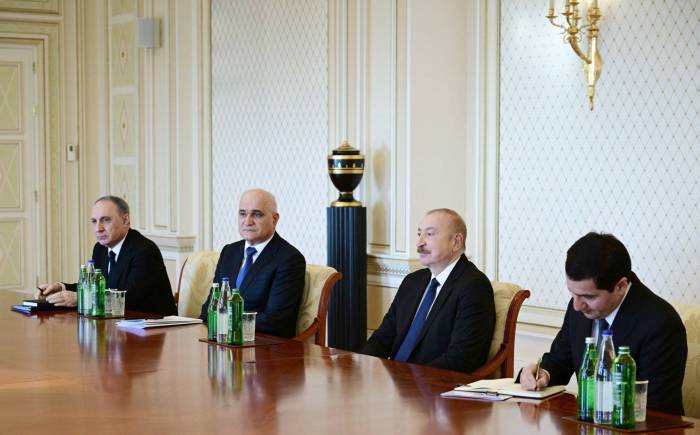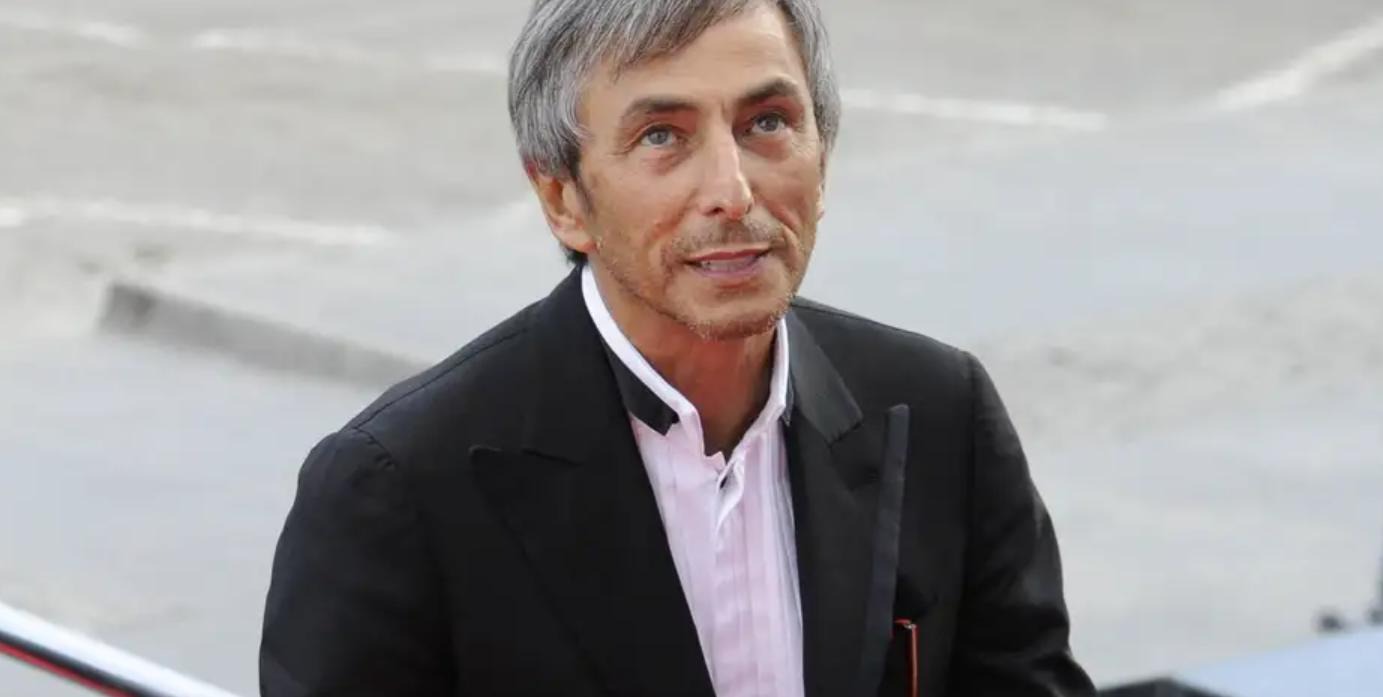Kirill Glazov, a former member of the People's Assembly of Dagestan who was stripped of his mandate on February 26, has been arrested on suspicion of large-scale fraud. According to law enforcement agencies, Glazov and his accomplices allegedly embezzled 137 million rubles in budget funds allocated for the purchase of rapid coronavirus testing kits in 2021.
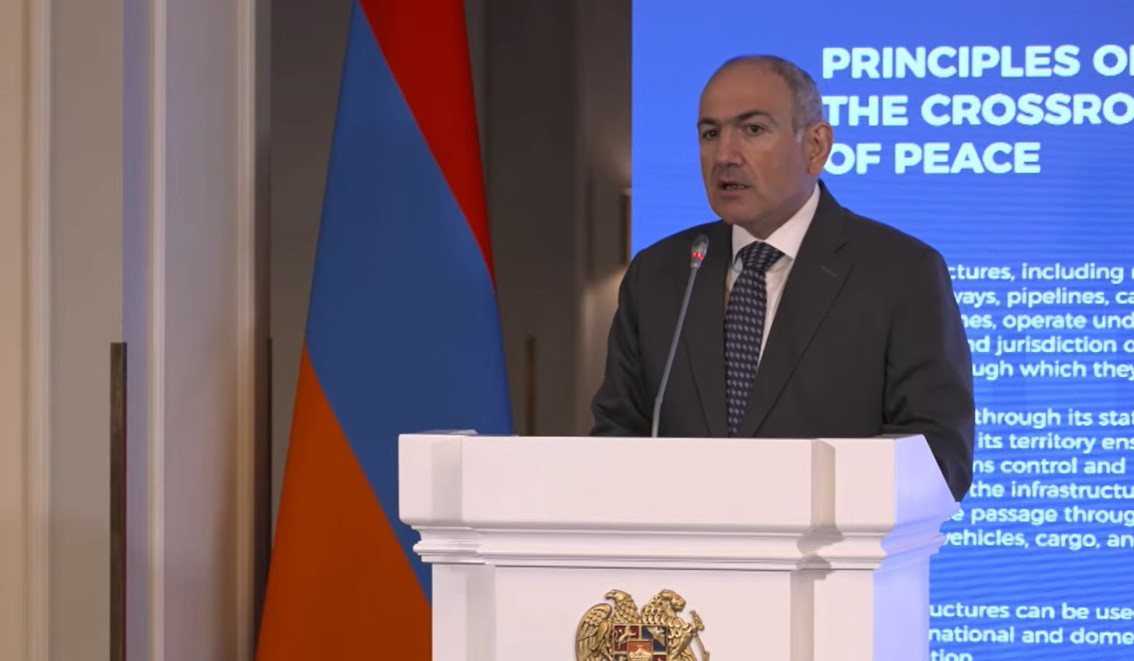
On November 3, Azerbaijani President Ilham Aliyev made several statements that did not go unnoticed by the Armenian side. Specifically, he said that Azerbaijanis "must return to their historical lands" [referring to the territory of modern-day Armenia], "not in tanks, but in cars." He emphasized that this prospect "should not frighten the people or the state of Armenia."
Furthermore, according to Aliyev, the issue of the return of Azerbaijanis to the areas of modern-day Armenia they previously inhabited needs to be studied in more detail.
"It's enough to look at the maps of the early 20th century, published by Tsarist Russia, to see that the overwhelming majority of toponyms on the territory of modern-day Armenia are of Azerbaijani origin. Lake Sevan wasn't on these maps. Lake Goycha is on these maps, as are all the other Azerbaijani historical toponyms that we use," Aliyev said.
In this context, he echoed the common narrative that "Tsarist Russia [...] once brought Armenians from Iran and Eastern Anatolia [present-day Turkey] and settled them on the lands [of Nagorno-Karabakh] in order to change the ethnic and religious composition of the population."
In response, Deputy Speaker of the Armenian Parliament Ruben Rubinyan stated that "there is no point in going back—we must move forward," recalling the meaning of the agreements reached by the leaders of Azerbaijan and Armenia at a meeting in Washington, D.C., hosted by the US President on August 8.
"If we go back far enough into the past, then at some point we really won't see the name Sevan on old maps. Instead, we'll see the Geghama Sea or the Gegharkunik Sea [referring to the ancient Armenian names for the lake]. And we won't see Azerbaijan either. But there is no point in going back—we must move forward. That is the entire meaning of the August 8 declaration," he wrote on Monday.
On November 4, at the International Forum "Building Peace and Multilateral Cooperation" in Yerevan, Armenian Prime Minister Pashinyan was asked whether Aliyev's statements represented a step back from the peace process. He noted that the journalist's question put him "in a difficult position," and before answering it, he would need to clarify the Azerbaijani president's statements. In his opinion, this statement "does not reflect the full picture," since Aliyev merely "stated that Lake Sevan does not exist on the maps of Tsarist Russia, but has a different name."
Regarding the "return to the historical homeland," the prime minister asked from what point, or year, the period of its formation begins.
"For example, can the 1970s BC be a starting point or not? Some say the most legitimate starting point in history is the period from March to November 1920, and they can justify this. Others say we need to go back 500 years." "Who is behind the historical truth?" he shared his thoughts, adding that, by this logic, various claims could be made against many countries.
